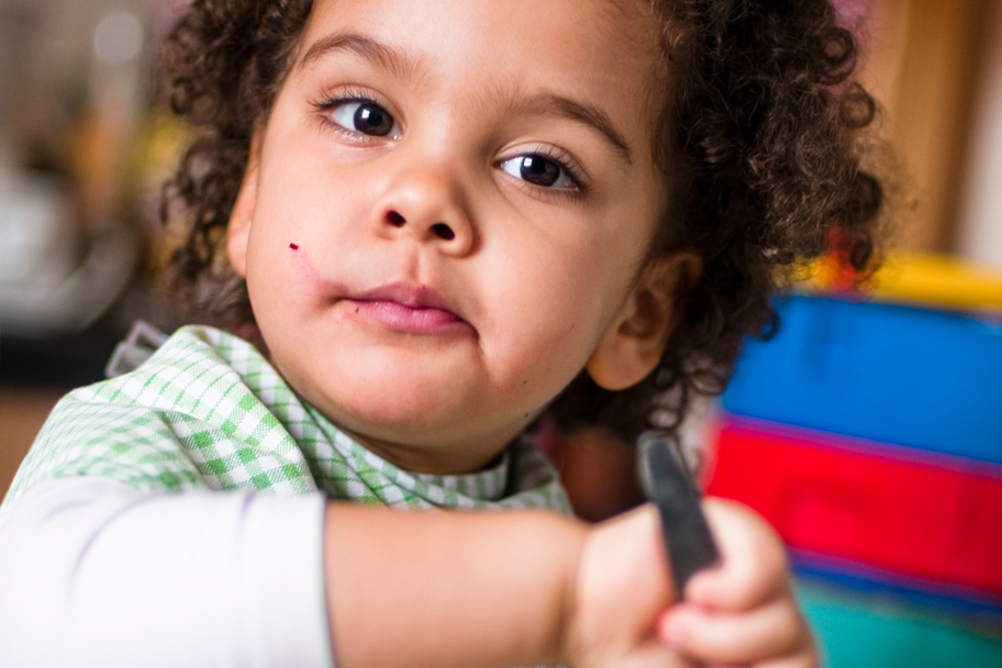will help them reach their full potential? In an extract from her book
on child psychology, Usha Goswami explains.

Going to school makes dramatic new demands on young children. Rather than occurring as part of everyday experience, learning, reasoning and remembering become active goals in their own right. Successful school performance requires children to develop knowledge about their own information-processing skills: 'How good is my memory?'
Children must also be able to monitor their own cognitive performance. School requires children to develop knowledge about the kinds of cognitive demands made by different classroom tasks. Psychological research shows rapid development in all of these 'meta-cognitive' skills between the ages of three and seven years.
At the same time, children are dealing with the non-trivial requirements of learning to read and write, and learning mathematics. As both reading and mathematics are cultural inventions that have been developed over hundreds of years, it is perhaps unsurprising that children take a while to acquire them successfully.
Register now to continue reading
Thank you for visiting Nursery World and making use of our archive of more than 35,000 expert features, subject guides, case studies and policy updates. Why not register today and enjoy the following great benefits:
What's included
-
Free access to 4 subscriber-only articles per month
-
Unlimited access to news and opinion
-
Email newsletter providing activity ideas, best practice and breaking news
Already have an account? Sign in here









